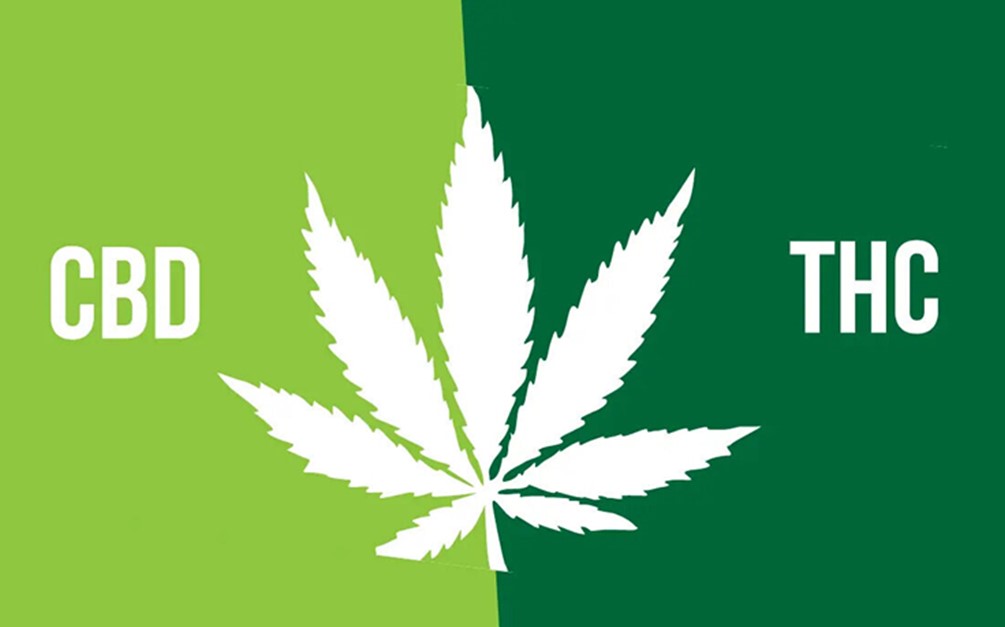WARNING: This product contains nicotine. Nicotine is an addictive chemical.
Only for adults. Anyone below the age of 21 is prohibited from buying e-cigarette.
WARNING: This product contains nicotine. Nicotine is an addictive chemical.
Only for adults. Anyone below the age of 21 is prohibited from buying e-cigarette.
THC and CBD are in both marijuana and hemp, as the legal use of hemp and other cannabis products grows, consumers are becoming more curious about their options. This includes cannabidiol (CBD) and tetrahydrocannabinol (THC), two natural compounds found in plants of the Cannabis genus. Both compounds interact with your body’s endocannabinoid system, but they have very different effects as below.
Chemical Structure:
CBD and THC have the same chemical formula -- 21 carbon atoms, 30 hydrogen atoms, and two oxygen atoms. The difference lies in the way the atoms are arranged. That gives CBD and THC different chemical properties, and they affect your body differently.
How CBD and THC Affect the Body:
THC is the main psychoactive compound in marijuana. We have two types of cannabinoid receptors in our bodies. THC binds with receptors -- mostly in the brain -- that control pain, mood, and other feelings. That's why THC can make you feel euphoric and give you that so-called high.
CBD doesn't cause that high. Instead, it's thought to work with other elements in the body linked to feelings of well-being.
Potential Side Effects:
THC and CBD may elicit varying side effects. THC use tends to lead to dry mouth and intoxication effects, such as disorientation, paranoia and dizziness. More serious reactions can include panic attacks and psychosis. High doses may even lead to hospitalization.
On the other hand, CBD has been determined to have no abuse potential and won’t lead to hospitalization even with high doses. High dosage most commonly leads to sleepiness and may lead to liver issues over the long term, although more research is needed to confirm this connection. Adverse digestive effects associated with CBD typically stem from other ingredients in the CBD product, such as coconut oil.
Potential Benefits:
CBD and THC have many of the same medical benefits. They can provide relief from several of the same conditions. However, CBD doesn’t cause the euphoric effects that occur with THC. Some people may prefer to use CBD because of the lack of this side effect.Both CBD and THC have been shown to help manage sleep troubles and physical pain. CBD specifically is often used to alleviate stress and anxiety as well.
Legality:
At the federal level in the U.S., hemp-derived products—including CBD products—are legal under the 2018 Farm Bill as long as they contain no more than 0.3% THC by dry weight basis. Cannabis products, regardless of whether they’re hemp derived, that contain more than 0.3% THC by dry weight are still illegal under federal law.
CBD is federally legal in all 50 states, and can be bought in any store that carries CBD products, from gas stations to full-blown CBD stores. THC products, however, can only be bought in medical or legal adult-use dispensaries — anywhere else and it’s illegal. Dispensaries sell CBD products too, and will most likely offer better quality than the gas station CBD.
